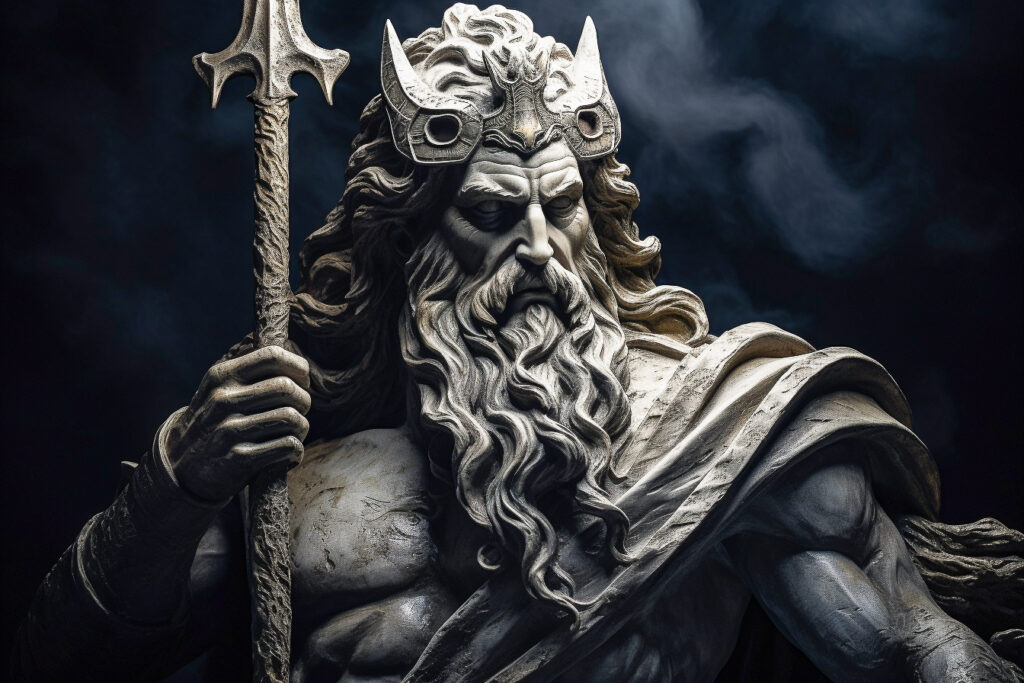Immortality encompasses different cultural, religious and philosophical views of life that go beyond the physical lifespan of a human being. The idea of immortality raises questions about the nature of existence, the afterlife and the pursuit of it.
In religious traditions, immortality is associated with the idea of a soul or spirit that exists after physical death. Different faiths offer different perspectives on the conditions under which immortality can be achieved, whether through divine favor, spiritual enlightenment or the observance of specific rituals.
Philosophically, the quest for immortality has been a recurrent theme throughout history, and it is a thought-provoking reflection on the meaning of time and human understanding of it. Immortality is sometimes associated as a metaphorical concept, symbolizing the aspiration for a lasting impact of a contribution to society, art or knowledge.
In literature, immortality is expressed as supernatural beings, gods or mythical creatures endowed with the ability to live indefinitely. These stories depict the impact of eternal life on the temporal life of individuals and the challenges that immortal beings face.
Although the concept of physical immortality is speculative, the debate on the prolongation of human life through technological advances is relevant. The possible indefinite extension of human life raises difficult questions about the desirability and consequences of achieving immortality.




